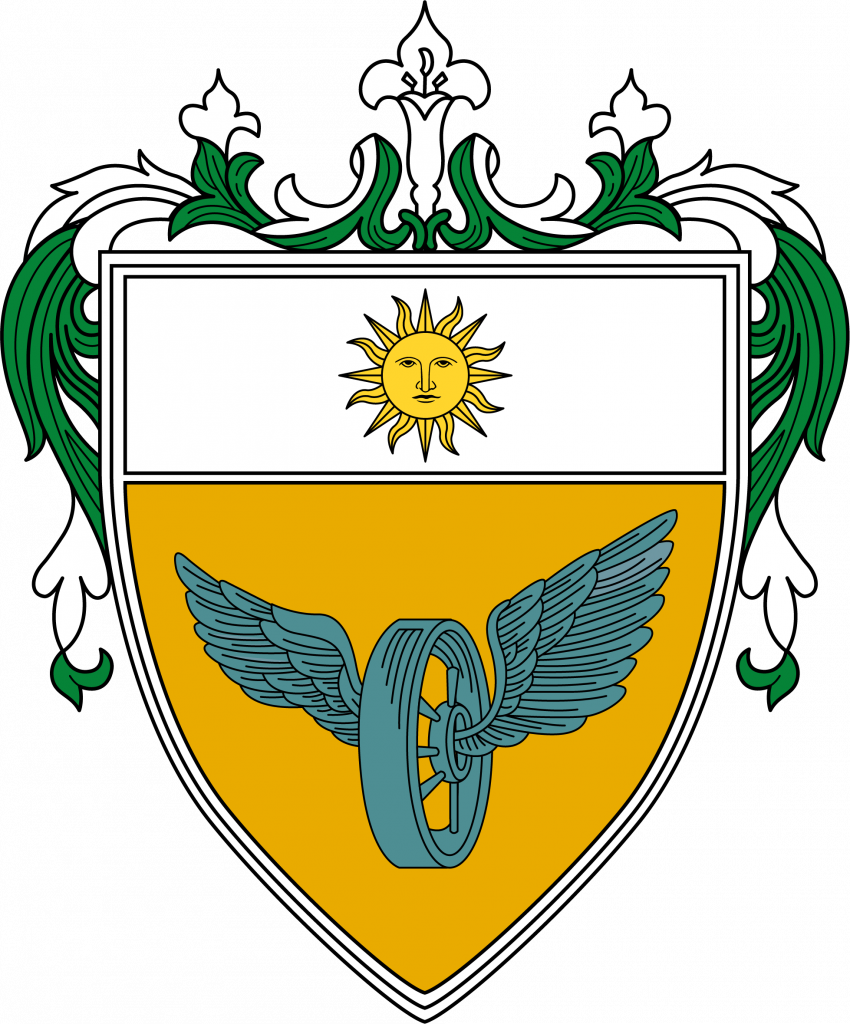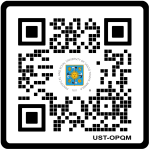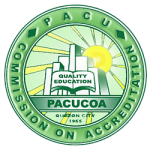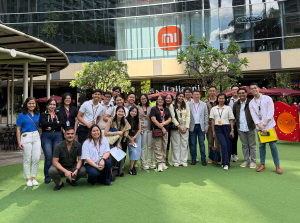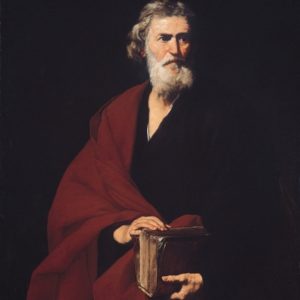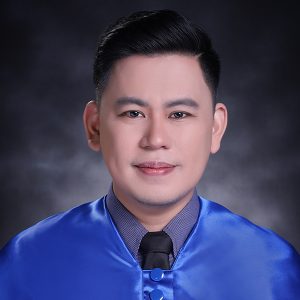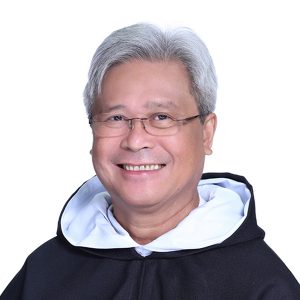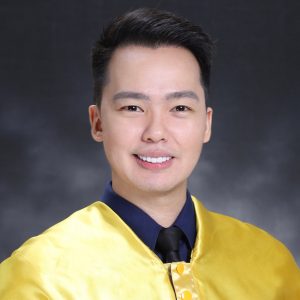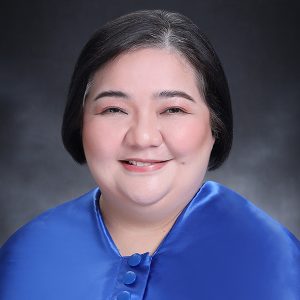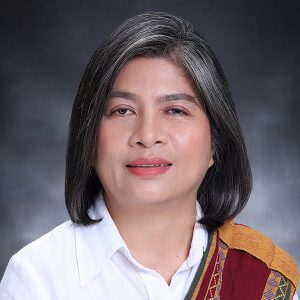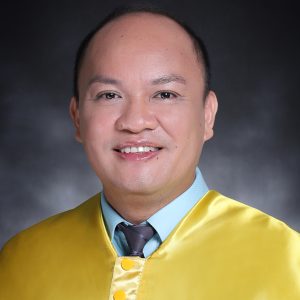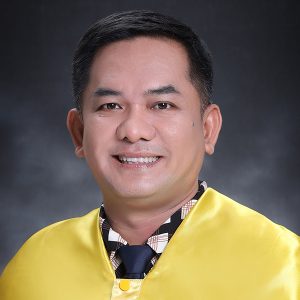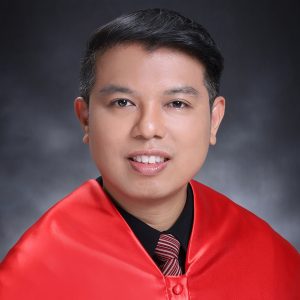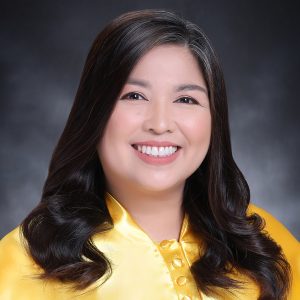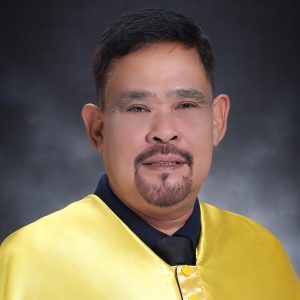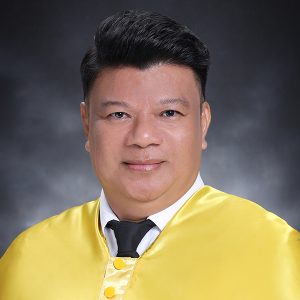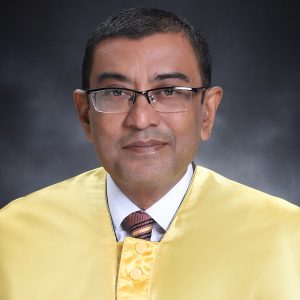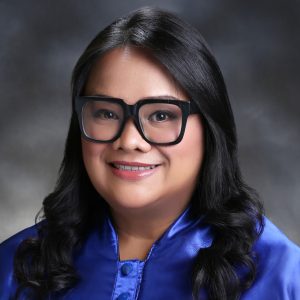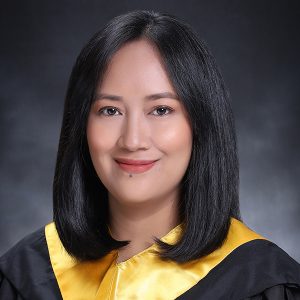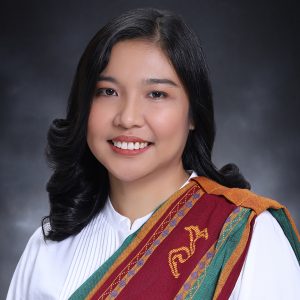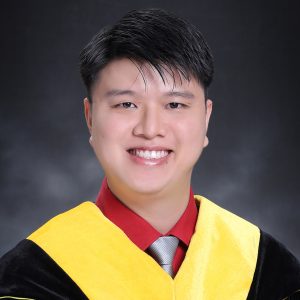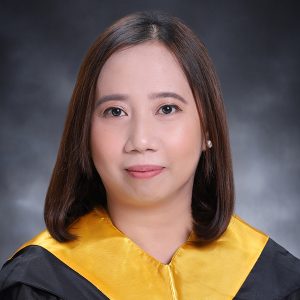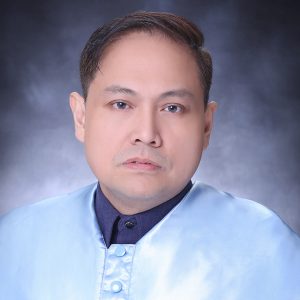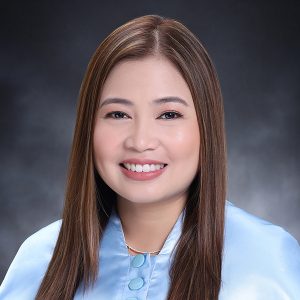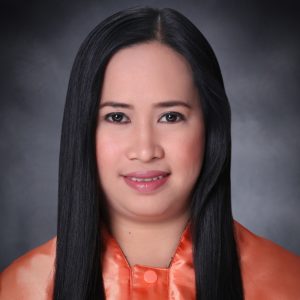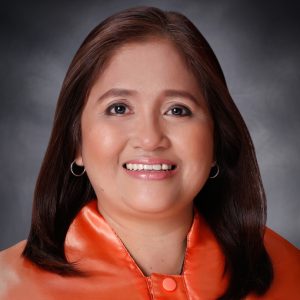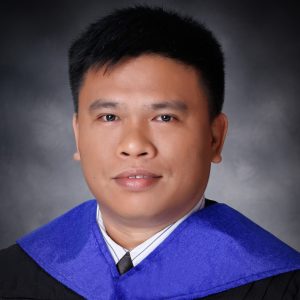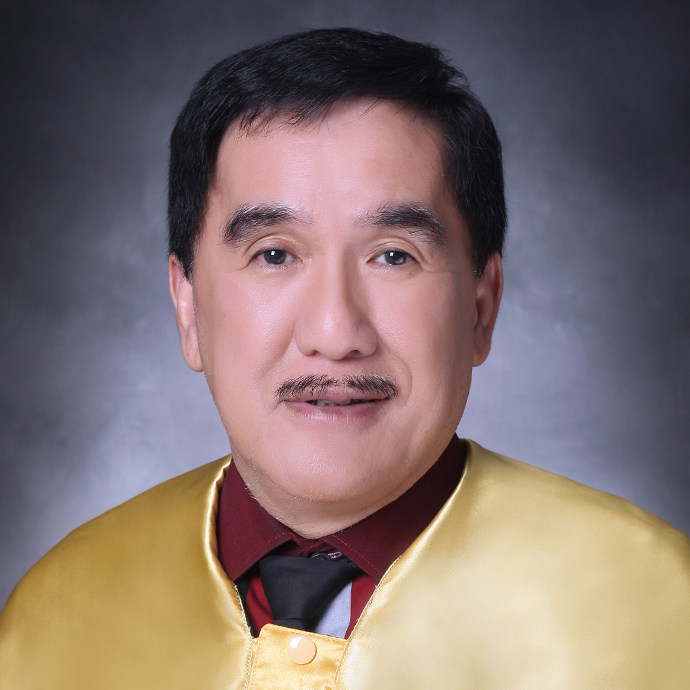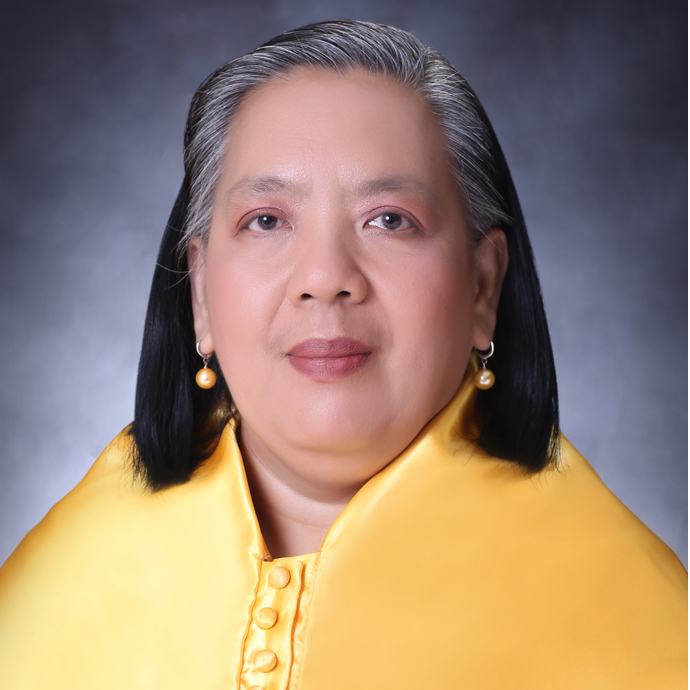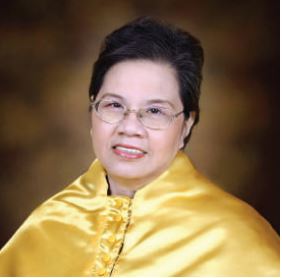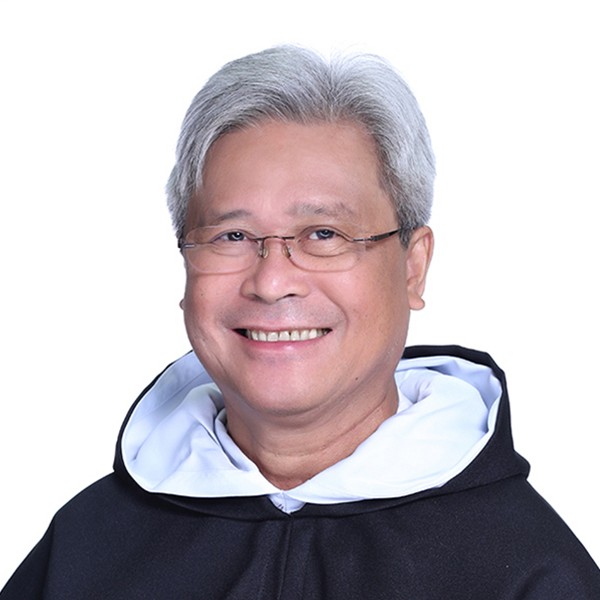(1st Century AD), apostle
Patron of the UST College of Commerce and Business Administration
Feast Day: September 21
Matthew (Hebrew for ‘gift of God’) is presented in the list of the twelve apostles as “the tax collector” (Mt 10:3). He was also referred as “Levi’ (cf. Mk 2:13-17; Lk 5: 27-30). At that time, tax collectors were generally hated as traitors by their fellow Jews. They were associated with “sinners” (cf. Mt 9:10; Lk 15:1), and even with “prostitutes” (cf. Mt 21:31). Popular opinion regarded them as “extortioners, the unjust, adulterers” (Lk 18:11), and as egocentric persons (cf. Mt 5:46). So it was shocking for many that Jesus called Matthew to be one of His intimate followers: “As Jesus passed on from there, He saw a man called Matthew sitting at the tax office; and He said to him: ‘Follow me’. And he rose and followed Him” (Mt 9:9).
Jesus does not exclude anyone from His friendship. When the Lord was at table in the home of Matthew, He said: “Those who are well have no need of a physician, but those who are sick; I came not to call the righteous, but sinners” (Mk 2:17). Those who seem to be the farthest from holiness can even become a model of the acceptance of God’s mercy and offer a glimpse of its marvelous effects in their own lives. The Gospel of Matthew, written in Hebrew or Aramaic, is no longer extant, but the Greek Gospel, that we still possess today, resounds the persuasive voice of a tax collector who continues to preach God’s saving mercy.
Engaged in commerce and business, which guaranteed him a reliable source of income regardless of its nature, Matthew left everything to promptly and readily follow the Lord. He was honest to admit that he was one of the sinners Jesus came to call. The Lord sanctified his ministry, so that from then on, Matthew did not anymore follow the ways of the world but ‘negotiated’ for the Lord. He was sent forth in a mission to engage in the ‘business’ of proclaiming His Word. St. Matthew is the patron of the UST College of Commerce and Business Administration.
Source:
- Benedict XVI, General Audience, 30 August 2006.





